Tesla’s value dropped by $15 billion, and Elon Musk’s actions and decisions are being questioned as a possible cause.
Tesla, the well-known electric car company, has recently faced a significant drop in its brand value, losing around $15 billion.
Elon Musk, the CEO, is at the center of this situation.
Several factors have contributed to this decline, affecting how customers view the brand.
Elon Musk’s Tesla has recently faced challenges
In 2024, Tesla recalled about 5 million vehicles worldwide, making it the most recalled car brand of the year.
This massive recall has raised customer concerns about the quality and reliability of Tesla cars.
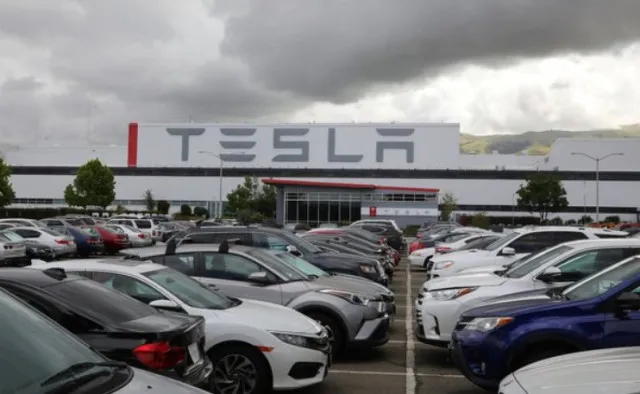
The negative publicity from these recalls has likely influenced public perception of the brand.
Additionally, a major investor sold $585 million worth of Tesla shares, which indicates a lack of confidence in the company.
This sale has added to Tesla’s future uncertainty, making potential buyers think twice.
Tesla loses $15 billion in value as Elon Musk faces major backlash over controversial gestures
Elon Musk’s behavior and public persona have also affected the brand’s decline.
Tesla’s brand value has dropped to an estimated $43 billion, down from $58.3 billion at the start of 2024 and $66.2 billion in early 2023.
Despite a 63% increase in stock price last year, reaching a record high in December after Donald Trump’s election win, concerns remain.
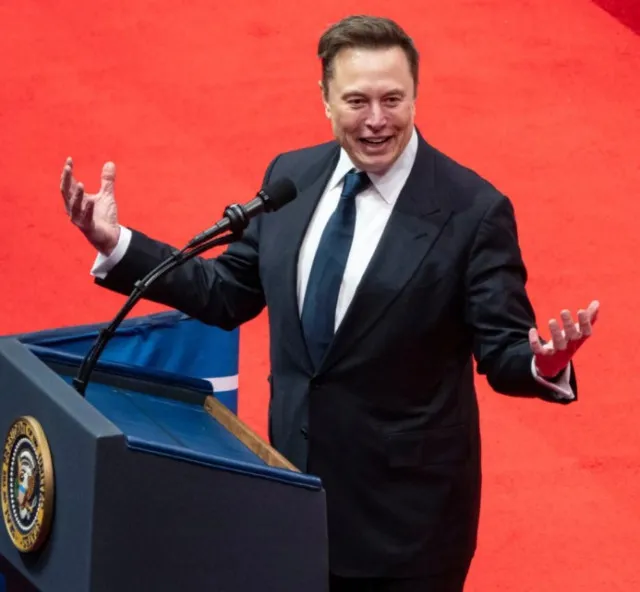
Brand Finance CEO David Haigh noted Elon Musk faced backlash over accusations of a ‘Nazi salute’ at Trump’s inauguration.
His controversial actions and statements have led to mixed opinions about him.
While some people admire Musk, others have grown critical of his antics.
This split in public opinion can affect whether consumers choose to buy a Tesla.
Brand Finance, a research firm, conducted a survey that revealed a drop in Tesla’s scores across key areas, including consideration and recommendation ratings.
In Europe, for example, the likelihood of customers considering Tesla dropped from 21% to 16% between 2024 and 2025.
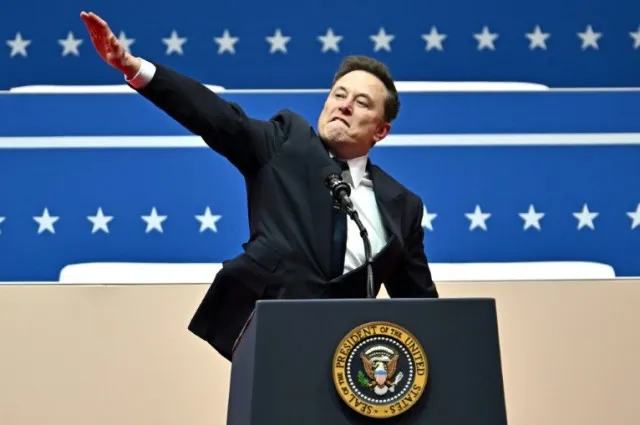
Customers remain loyal but hesitant to recommend.
Despite the drop in brand value, Tesla maintains a high loyalty score of 90% in the United States.
Many existing Tesla owners are likely to continue driving their vehicles.
However, the recommendation score has dropped significantly, falling from 8.2 out of 10 to just 4.3.
This suggests that while current owners may be satisfied, they are less likely to recommend Tesla to others.
Brand Finance’s CEO, David Haigh, pointed out that Tesla’s pulling power is weakening.
If the company cannot attract new customers or maintain high prices, it may struggle in the future.
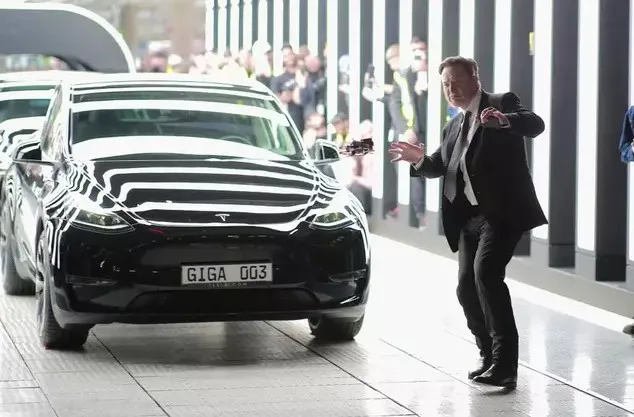
Haigh emphasized the need for Tesla to innovate and create exciting new products to regain consumer interest.
Haigh explained: “There are people who think he’s wonderful, but many that don’t.
“If you are buying electric vehicles, his persona is highly likely to impact your view of whether or not you want to buy one of his company’s cars, but that’s only one of many factors.”
The impact of political changes
Political factors have also influenced Tesla’s current situation.
Following the election of Donald Trump, analysts observed potential risks for electric vehicles, including Tesla.
JPMorgan estimated that around 40% of Tesla’s profits might be at risk due to proposed changes in EV tax credits and subsidies.
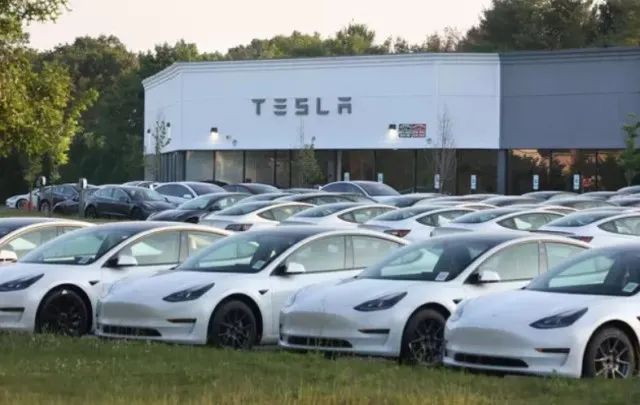
These changes could impact how competitive Tesla remains in the auto industry.
As the market for electric vehicles grows, Tesla must adapt to new challenges to maintain its dominance.
Tesla must innovate to regain consumer trust.
Looking ahead, Tesla faces several hurdles.
The company needs to address quality concerns and improve its public image to regain consumer trust.
Without significant changes, analysts worry that Tesla may not be able to sustain its market position.
Innovation is vital for Tesla’s future success.
The company must develop new products that excite consumers and set it apart from competitors.
If Tesla can successfully navigate these challenges, it may be able to recover from its current decline.